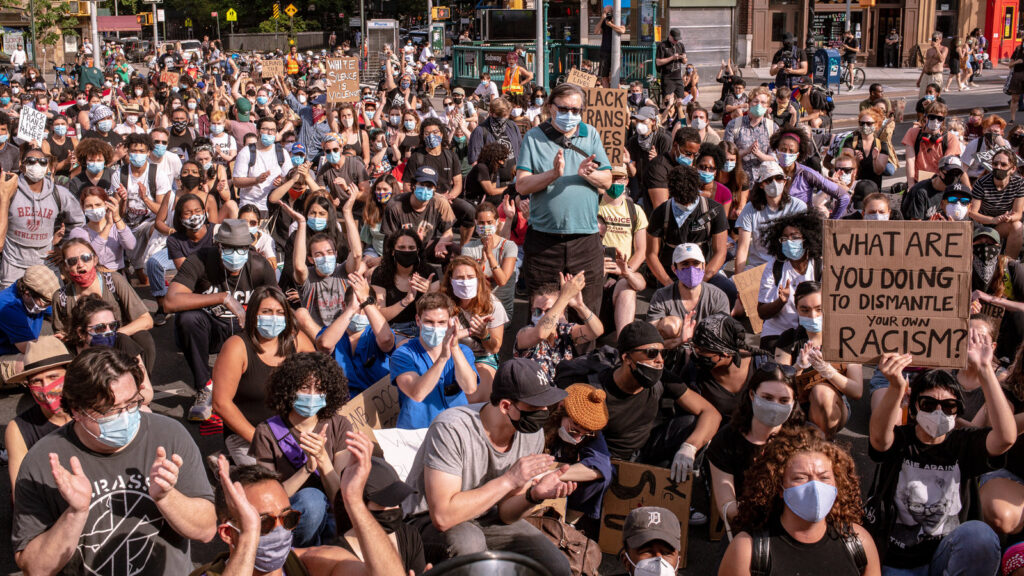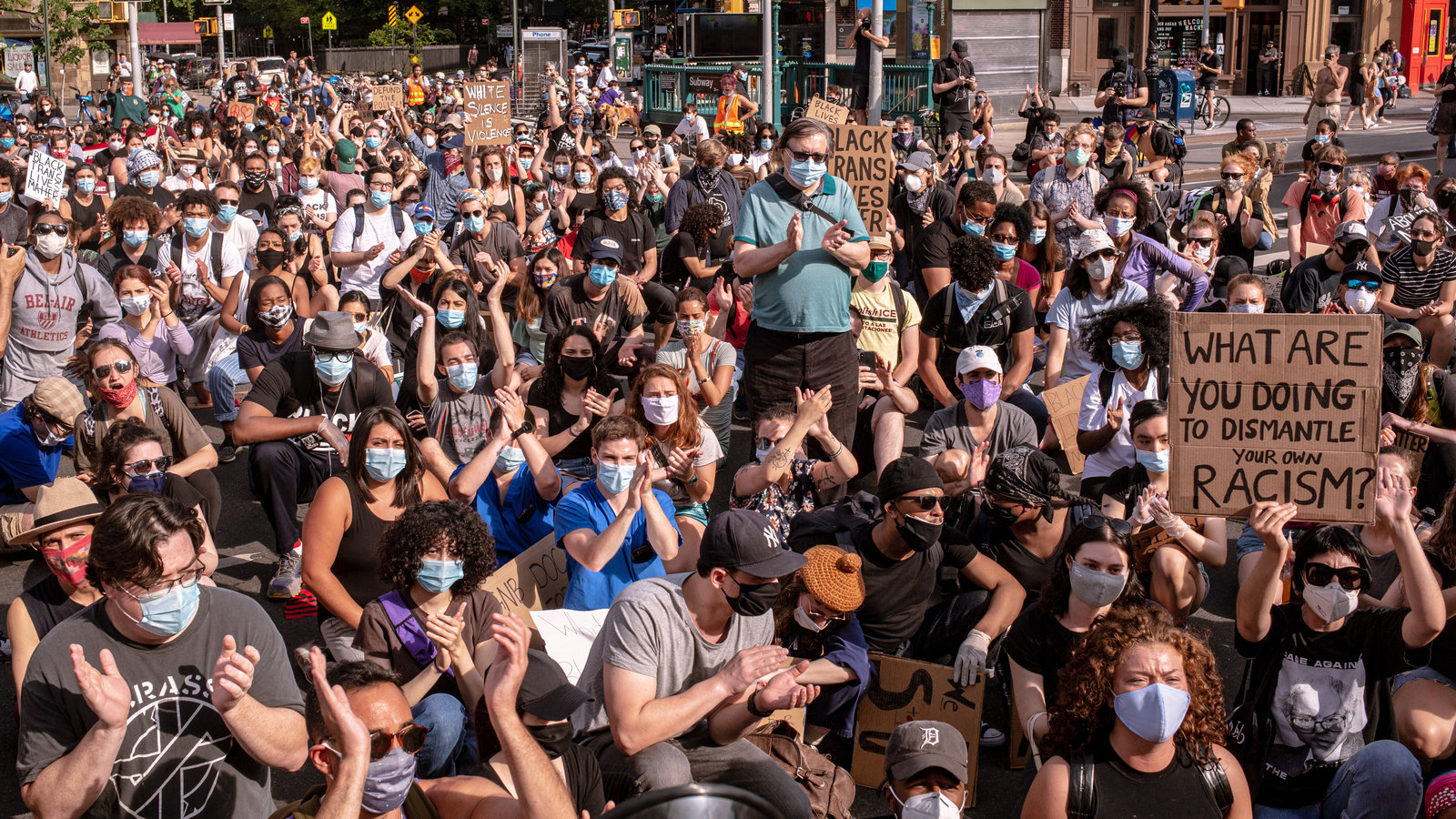
The Complexities and Consequences of Racist Jokes: A Deep Dive
Racist jokes, seemingly harmless to some, represent a deeply complex and controversial aspect of social interaction. Understanding their impact requires a nuanced exploration of intent, context, and the historical weight of prejudice. This article aims to delve into the nature of racist jokes, examining their potential harm, the motivations behind their creation and dissemination, and the broader societal implications. We’ll explore how humor, often used as a tool for social commentary or bonding, can also perpetuate harmful stereotypes and contribute to a climate of discrimination. It’s crucial to analyze the subtle and overt ways in which racist jokes manifest, and to consider the long-term effects they can have on individuals and communities. Furthermore, this discussion will touch on the ethical considerations surrounding free speech and the responsibility that comes with wielding humor, particularly when it involves sensitive topics like race.
Defining Racist Jokes
A racist joke, at its core, is a joke that relies on or reinforces negative stereotypes about a particular race or ethnicity. These jokes often perpetuate harmful generalizations, reducing individuals to caricatures based on their racial identity. The impact of a racist joke can range from subtle microaggressions to overt expressions of prejudice, depending on the content and the context in which it is delivered. It’s important to note that the intent behind a joke does not negate its potential harm. Even if someone claims they were “just joking,” the effect on the recipient and the broader social environment can be significant.
Distinguishing between humor that pokes fun at cultural differences and humor that actively promotes prejudice is crucial. The former can be a source of cross-cultural understanding and connection, while the latter serves to divide and demean. A racist joke typically relies on power dynamics, targeting marginalized groups and reinforcing existing inequalities. The very structure of the joke often relies on a presumed superiority of one race over another.
The Harmful Effects of Racist Jokes
The impact of racist jokes extends far beyond a simple laugh or momentary discomfort. They contribute to a climate of prejudice and discrimination, reinforcing negative stereotypes and making it more difficult for individuals from marginalized groups to be seen as individuals. Constant exposure to these types of jokes can lead to feelings of isolation, alienation, and even psychological distress. The cumulative effect of these microaggressions can be significant, impacting self-esteem, mental health, and overall well-being.
Moreover, racist jokes can normalize discriminatory attitudes and behaviors. By presenting prejudice as something humorous or trivial, they desensitize people to the real-world consequences of racism. This can create an environment where more overt forms of discrimination are tolerated or even encouraged. When racist jokes become commonplace, they can erode the social fabric and undermine efforts to promote equality and inclusion.
Psychological Impact
The psychological impact of being the target of a racist joke should not be underestimated. It can trigger feelings of anger, sadness, and shame. It can also lead to a sense of hyper-vigilance, where individuals are constantly on guard for potential slights or insults. Over time, this can contribute to anxiety, depression, and other mental health problems. The experience can be particularly damaging for children and adolescents, who are still developing their sense of self and their understanding of the world.
Social Impact
The social impact of racist jokes is equally significant. They can create divisions within communities, fostering distrust and animosity between different racial groups. They can also undermine efforts to build bridges of understanding and cooperation. In the workplace, racist jokes can create a hostile environment, making it difficult for employees from marginalized groups to thrive. This can lead to decreased productivity, increased absenteeism, and even legal action. [See also: Workplace Discrimination Laws]
Motivations Behind Racist Jokes
Understanding the motivations behind racist jokes is essential for addressing the issue effectively. In some cases, these jokes may stem from ignorance or a lack of awareness about the impact of one’s words. People may simply be repeating jokes they have heard without fully considering the underlying message or the potential harm they can cause. In other cases, racist jokes may be used as a way to assert dominance or to reinforce existing power structures. By targeting marginalized groups, individuals may be attempting to elevate their own status or to maintain the status quo.
Another motivation behind racist jokes can be a desire to bond with others. People may use humor as a way to connect with like-minded individuals and to create a sense of shared identity. However, when this bonding comes at the expense of others, it can perpetuate harmful stereotypes and contribute to a climate of exclusion. It’s crucial to recognize that humor should never be used as a weapon to demean or marginalize others. [See also: The Psychology of Humor]
The Role of Context
The context in which a racist joke is told can significantly influence its impact. A joke told in a private setting among friends may be perceived differently than a joke told in a public forum or in the workplace. However, it’s important to remember that even jokes told in private can have consequences. Words have power, and they can shape attitudes and behaviors, regardless of the setting in which they are uttered. The pervasiveness of social media further complicates the issue, as jokes shared online can reach a vast audience and have a lasting impact.
Furthermore, the intent of the person telling the joke is not always a reliable indicator of its impact. Even if someone claims they were “just joking” or that they didn’t mean any harm, the effect on the recipient and the broader social environment can be significant. It’s crucial to consider the perspectives of those who are targeted by racist jokes and to understand the historical weight of prejudice that often underlies these jokes. A racist joke is never just a joke to the person being targeted.
Free Speech vs. Responsibility
The issue of racist jokes often raises questions about free speech and the limits of acceptable expression. While freedom of speech is a fundamental right, it is not absolute. There are certain types of speech that are not protected under the First Amendment, including speech that incites violence or that constitutes harassment or discrimination. The line between protected speech and unprotected speech can be blurry, particularly when it comes to humor. However, it’s important to recognize that freedom of speech comes with responsibility. We all have a responsibility to use our words carefully and to avoid perpetuating harmful stereotypes or contributing to a climate of prejudice.
Engaging in thoughtful dialogue about the impact of racist jokes and promoting empathy and understanding are crucial steps in creating a more inclusive and equitable society. It requires a willingness to challenge our own biases and assumptions and to listen to the experiences of those who have been marginalized. It also requires a commitment to speaking out against prejudice and discrimination whenever and wherever we encounter it. The goal is not to stifle humor or to create a humorless society, but rather to promote humor that is inclusive, respectful, and that brings people together rather than dividing them.
Moving Forward: Fostering Inclusive Humor
Creating a society where racist jokes are no longer acceptable requires a multi-faceted approach. Education plays a crucial role in raising awareness about the impact of prejudice and discrimination. By teaching people about the history of racism and the ways in which it continues to manifest in contemporary society, we can help them to understand the harm that racist jokes can cause.
Furthermore, we need to promote empathy and understanding by encouraging people to listen to the experiences of those who have been marginalized. By hearing firsthand accounts of the impact of racism, people can develop a deeper understanding of the issue and a greater sense of compassion. We also need to challenge our own biases and assumptions and to be willing to speak out against prejudice and discrimination whenever and wherever we encounter it. This includes challenging racist jokes, even when they are told by friends or family members.
Ultimately, creating a more inclusive and equitable society requires a collective effort. We all have a role to play in challenging prejudice and discrimination and in promoting empathy and understanding. By working together, we can create a world where racist jokes are no longer acceptable and where everyone is treated with dignity and respect. The fight against racist jokes is a fight for a more just and equitable society for all. Every time a racist joke is challenged, the world takes one step forward.

